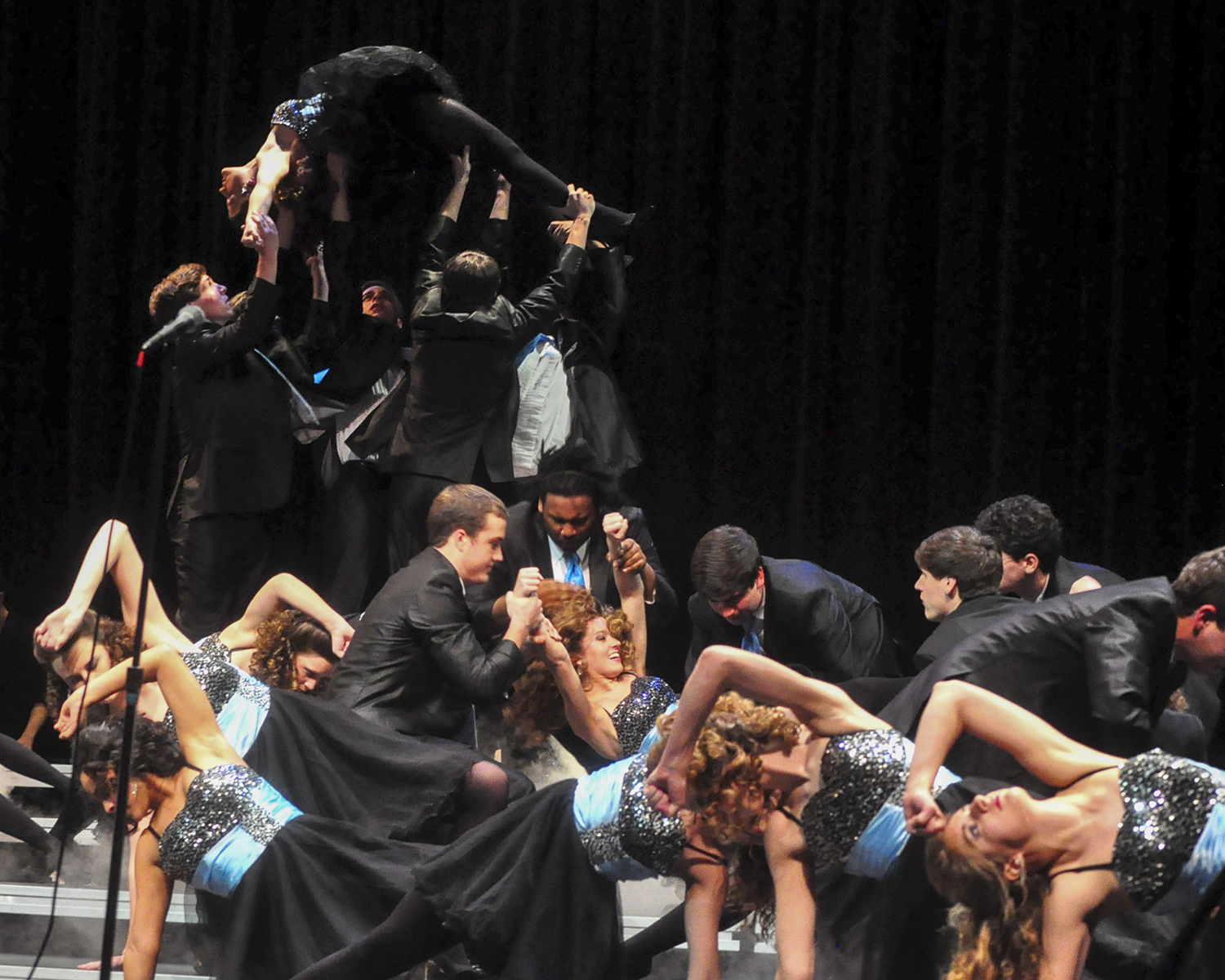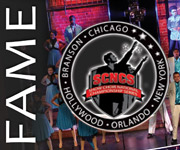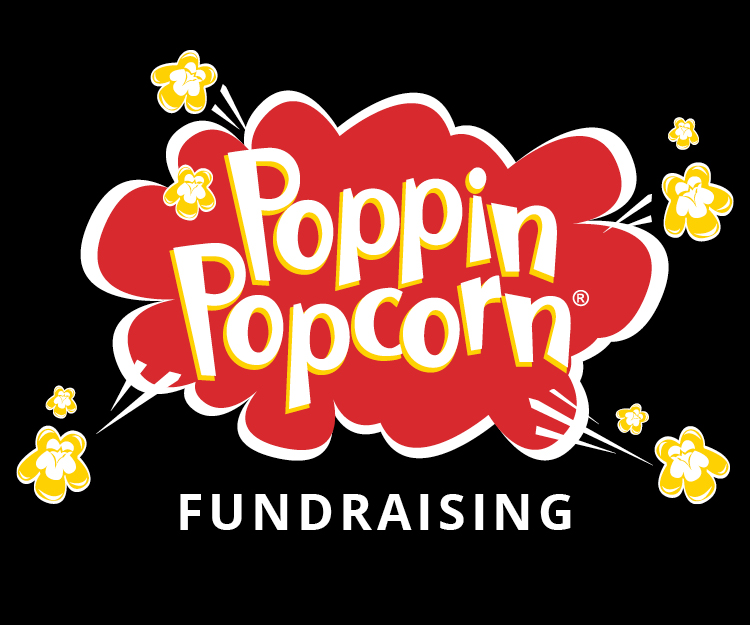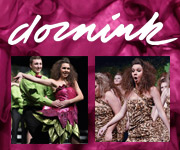
Scott shared several events in his life that had a profound effect on how he approaches life and why he teaches from the perspective of educating human beings.
For clarity and context—what are your academic degrees, and when did you earn them?
I earned a Bachelor of Music Education from Auburn University in 1998 and a Master of Education in School Counseling from The University of West Alabama in 2010.
In a 2018 article, you relate how a friend suggested you join the junior college choir and it set you off on a pathway into music education and show choir. Was being a singer and teacher really brand new to you? Or is there a story from childhood that may be a clue?
Funny story: while I didn’t have choir in the classroom and was not initially active in a church music program, when I was five or six, my older sister would play “voice lessons” with me. She would make me sing a John Travolta song, and she would record it. I would then have to tell her what I had done wrong. I guess she prepared me for the years of voice in college! She was TOUGH. I always loved music, but it was not something that was readily available in rural Alabama. When I was a senior in high school, I started singing in a youth choir at church. We sang unison and two part songs by rote, but all it took was for my minister of music to compliment my voice and I was like… “ok, this is awesome!” My freshman year of college, I saw a show choir, and it was over at that point! I had found my happy place. I did, however, have to work extremely hard, as I didn’t know what a measure of music looked like on my first day of Music Theory! I busted my rear end to catch up and ended up breezing through Theory.
Aha! So there was something way back—“voice lessons” with your sister. Good ol’ Travolta! And you realized a compliment can really make a difference in how confident you are in yourself. You put that into practice with your students, too. In the same article, you mention a feeling of “home” when you went to Homewood after working in Eufaula. Can you describe what you meant by that?
I grew up in rural Alabama, then started teaching in Eufaula. It was a small quaint town where people knew each other, so that was comforting. When I moved to Homewood twenty years ago, I was scared to death because it was the big city of Birmingham. (I laugh when I say that now.) I loved the thought of city life, but when I drove through Homewood, I saw all these people walking around the city pushing their strollers, walking their dogs, and kids in line at a local ice cream shop, and it just felt like a place I could not only live, but thrive.
It was around 2012 when you merged your academic work in counseling with your work in music, as a response to your mother’s colon cancer diagnosis. In the years before that, what was your process for putting together a show for the school year?
I think I always have put myself into the shows I have created. I usually started with a ballad. That leads the way for me. I always wanted to find a great mix of music, but things seemed much more the standard “formula” back then: opener, novelty number, ballad, girls’ number, boys’ number, closer.
Do you have an “aha” anecdote or “lightening moment” for when you realized creating a show around the theme of grief felt right?
I remember sitting in my mother’s hospital room thinking about life in general. I got my master’s in counseling, and I was thinking about whether I was going to pursue counseling or stay with choral music. I thought to myself, why do I have to choose? A student this past year shared a quote of mine, and it pretty much sums up my shift. When he was a freshman, I told him, “I have a platform, so why not put some good into this world with that platform?” Many people think my grief show was about my mother’s passing, but it was actually designed while I was grieving my health, after the December 2014 Multiple Sclerosis (MS) diagnosis. I had never realized how we grieve any loss to an extent.
I love that you found a way to merge the two. Grief is certainly part of life. I think it is tremendously important and deeply healing to use the arts as a way to work through the emotional realities of being a human. Your work with The Network show choir has since been organized thematically. Talk about some of your most memorable years and their themes.
I have three favorite years. My kids all know it and try to live up to those!
2012 This was my show about my mother’s fight with colon cancer. I never told the kids it was about her because for them it wasn’t. It was more about facing adversity and being determined to fight. I even costumed the whole show in black and white, except the blue sash on the dress, which was the color of colon cancer awareness. Those students have a very special place in my heart. They were the first group that truly “got it.”
2017 This is my grief show. Most people who saw this show just thought I let a girl fall to her death from the back riser! However, it was a metaphor for any loss. When she fell, every show, there was a collective gasp from the audience. I wanted there to be a feeling of fear, uncertainty, and confusion. That is what you feel like when you lose something. Then we could go on and explain how it is ok to grieve. That particular year, I had five or six students who had lost a parent over the previous two years. I hoped it would be cathartic for them. It was for all of us!
2018 This was the Façade year, a show about not passing by people we see in need. There are so many people who talk a big game about helping others, but do we just walk past that person on the street? We should be careful because that person might just be an angel in your life. I really wanted the kids to understand that service to others is so important. I even spent the summer before that school year volunteering with the homeless. I wanted to walk the walk. It was the most rewarding show with the best group of students.
Facing adversity, dealing with grief, understanding people simply desire to be noticed—such important lessons for everyone. And how deeply impactful for your high school students to be part of the storytelling! In early January 2015, you came up with the BourbonHam fundraiser for MS. The story reads like it was supposed to happen, like a spirit-led encounter that eventually became a highly successful event. Looking back, what connections do you see that may not have been evident at the time?
In 2014, having just been diagnosed with Multiple Sclerosis, I was scared. However, I am the kind of person that attacks the situation, so I wanted to get involved in the National MS Society. I had this idea for BourbonHam, a fundraiser where people get to taste different bourbons and have some good barbeque. I had lunch with my best friend the day I pitched the idea to MS Society. He had randomly invited a friend of his who was in the bourbon industry. My friend didn’t know I was pitching that idea that day, but by chance or fate, I was sitting across from the person that helped me create this fun event that has now raised nearly $1,000,000 for the National MS Society. Last year alone, we had 1500 people in attendance and raised $300,000. That connection was definitely not evident, but life seems to put the right people in your path at the right time.
You are a living example of being open to possibilities, and you express that as a value in your teaching. Some people acknowledge they allow God to lead them, some say the Universe or the Spirit. How do you explain bringing your authenticity to your chosen work?
I think it took me a lot of years to be my authentic self in the classroom. So often we get fixated on the trophy and miss out on the experience of teaching HUMANS. These kids just want to be a part of something amazing, and that starts with us. God, the Universe, the Spirit…to me they are all the same thing. My amazing mother taught me to put service before self. She was a home health nurse, and I remember as a kid, on her day off, us driving to see several of her patients to bring them a “gift.” We didn’t have much money, but she would put the needs of others over herself. That is the human spirit that has allowed me to be open to what is in front of me.
She sounds like an amazing woman. I have heard you are retiring from your work at HHS. What are your plans going forward?
This will be my last year at Homewood teaching show choir. Multiple Sclerosis is a somewhat manageable disease; however, the schedule we keep in the show choir world is making a lot of my symptoms get worse. Some of the main triggers for MS are stress and fatigue. Heck—isn’t that what we do? Retiring is not something that is going to be easy, but I am thankful for a wonderful fulfilling career.
As of now, I am looking at using the counseling degree to work in substance abuse counseling. I feel like I have to do something that I can make a difference. I have been working with these wonderful kids who have their whole future ahead of them, and I think helping people that might be in a low point of their lives reach their unique potential could be incredibly rewarding. I really hope to do some show choir judging and clinics just to stay in the game I love so much!
Also, I love mentoring young directors, and I would offer this advice up to those out there: This world is about finding mentors, learning from them, but not trying to become them. I learned from John Baker. I learned from Dave Fehr. I learned from Gail McInnis. I was pre-YouTube, so these were the people I watched live, and I had to become Scott Thorne with influences from these people. It goes back to what I said earlier. Be authentic to who you are, and when you stop teaching music and start teaching kids, you will find happiness and success as you define it.
I couldn’t agree more! Hats off to you, Scott Thorne, and thank you for sharing your story.











